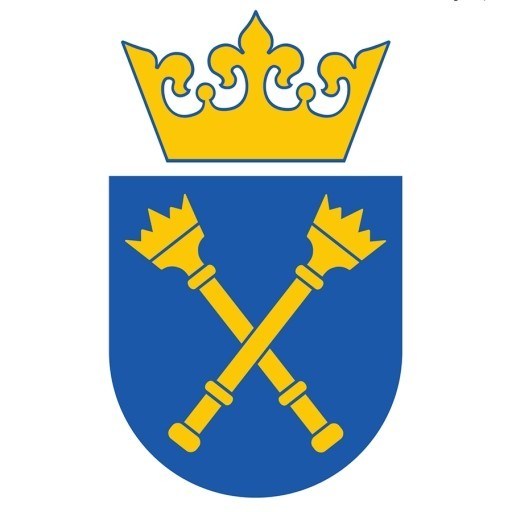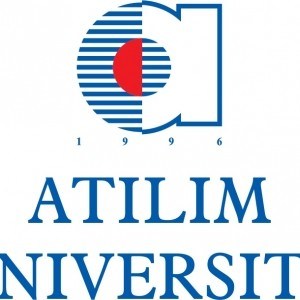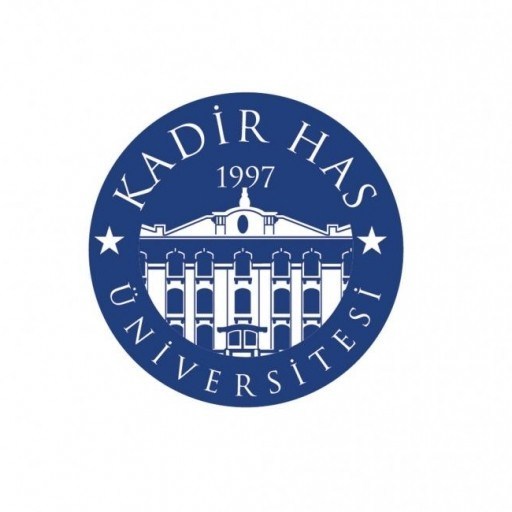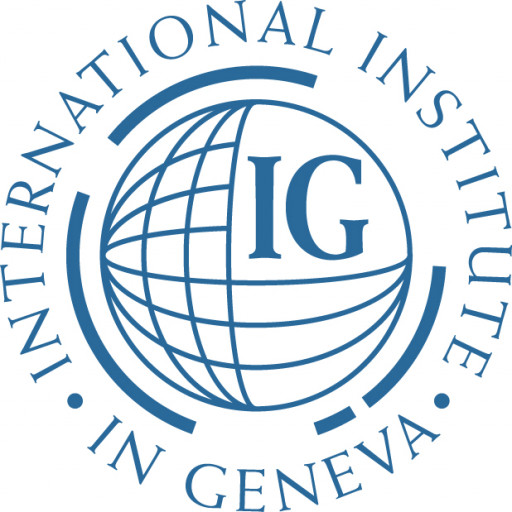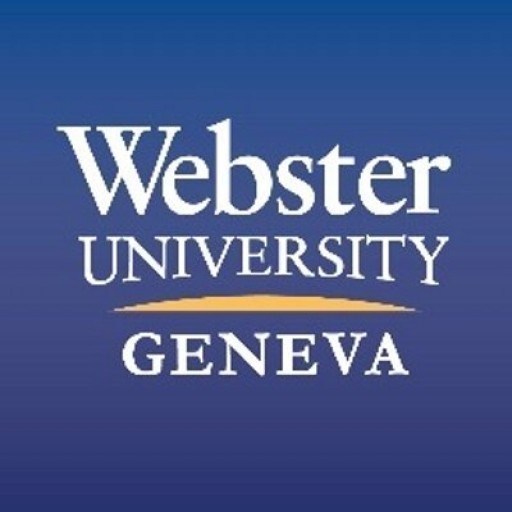Photos of university / #jagiellonian_university
The International Relations and Area Studies programme at the Jagiellonian University in Kraków offers students a comprehensive education in the dynamic field of global politics, diplomatic relations, and regional studies. Designed to equip future policymakers, diplomats, analysts, and researchers with in-depth knowledge and practical skills, this programme emphasizes understanding international systems, geopolitical processes, and the socio-economic factors shaping the contemporary world. Students will explore various regions including Europe, Asia, Africa, and the Americas, gaining insights into their historical backgrounds, cultural contexts, and current issues. The curriculum combines core courses such as International Law, International Organizations, Security Studies, and Comparative Politics with specialized classes focusing on particular regions or themes. Emphasis is placed on developing critical thinking, analytical skills, and foreign language proficiency, enabling graduates to operate effectively in multicultural and multilingual environments. The programme also fosters research competences through seminars and thesis work, preparing students for careers in international institutions, governmental agencies, non-governmental organizations, or further academic pursuits. With distinguished faculty members offering rich expertise in international relations, geopolitics, and regional studies, students benefit from a stimulating academic environment that encourages active participation and practical engagement. The programme is designed to match the evolving demands of the globalized world, ensuring that graduates are not only knowledgeable about international issues but also capable of contributing to peace, security, and development initiatives worldwide. Studying at the Jagiellonian University provides access to a vibrant university community, numerous international exchange opportunities, and a strong network of alumni working across the globe. This programme prepares students to understand complex international phenomena and make meaningful contributions to solving global challenges.
Detailed Course Facts
Tuition fee- EUR 3650 Year (EEA)
- EUR 3650 Year (Non-EEA)
- English
Course Content
Most of the first year courses are compulsory to all students and their goal is to provide a good introduction to the study of politics and international relations, as well as social sciences in general. These courses include: Introduction to Political Science, Economics, Introduction to International Relations, History of Political Philosophy, Introduction to Jurisprudence, Human Rights, International History of the 20th Century, and a Tutorial. Students can choose two courses from the list of optional courses.
Second year courses are divided into two groups: general courses which are compulsory to all students, such as Comparative Politics and International Law, and specialization courses.
Third year courses include specialization courses, optional courses and a Diploma Thesis Seminar.
Graduation requirements
In order to complete their degree students are required to obtain all the necessary credits depending on their specialization and to write a Diploma thesis.
The final mark on the diploma includes the following elements:
- evaluation of the thesis, which is 3/8 of the final mark,
- evaluation of the defense of the thesis (examination), which is the 1/8 of the final mark
- weighted average of the marks gained during the whole course of the studies, which accounts for half of the final result of the diploma.
SPECIALIZATIONS
1. International Security
In order to ensure that students are able to master the complex challenges of the post-9/11 world, this specialization module views security from a broad theoretical and historical perspective, placing traditional security concerns in the context of such fields as development, economics and human rights. Students focus on a diverse range of topics, which include strategy, foreign policy, intelligence, homeland security, military analysis, regional security and conflict resolution.
This specialization aims to provide a sound knowledge of contemporary international relations with a special focus on security issues, the relationship between politics and security, and specifically on the causes of war and the use and control of force. It teaches the theories and the historical context for understanding contemporary international relations and security issues. This option is for students interested in an in-depth study of international security and international politics. It enables students to master the complex challenges of the post-9/11 world and it views security from a broad theoretical and historical perspective, placing traditional security concerns in the context of such fields as development, economics and human rights. The programme combines research methods, policy evaluation, oral presentation, and preparation of an honors thesis by each student. Courses are drawn from a variety of topics such as An Analysis of Contemporary International Politics, Conflict Resolution and Peace Building, War and Conflict, Energy Policy, Terrorism and Counterterrorism, European Security, Transatlantic Relations and Global Discourses.
The International Security option delivers a nuanced understanding of the international security field and equips students with theoretical, policy, and practical perspectives. This involves developing a sound knowledge of the key concepts, functions, and operations of the national/international security infrastructure, understanding complex global interrelationships; comprehending the evolution and transformation of the international threat environment, synthesizing conflict/peace theory with national security policy and practical intelligence applications. Graduates are thoroughly prepared to serve as administrators, executives, military and civil servants, policy analysts and consultants.
2. Politics and Culture
Politics and Culture (P&C) as a specialization focuses on the nature of the political world as seen from the perspective of culture. P&C raises questions about why contemporary states have developed different political systems and social orders. The answer can often be found in their cultural conditions. Thus, to deepen our understanding of the modern, rapidly changing world and the processes that characterize it, cultural competence seems to be necessary.
The Politics & Culture specialization offers a selection of courses that cover crucial issues undertaken in modern social science; it also delivers necessary knowledge and competence for a better comprehension of social, political and cultural processes occurring in contemporary states and societies. It explores topics like: politics in the context of culture, global migrations and their consequences, human rights and democracy, cultural diversity and intercultural dialogue, culture and industry of culture.
A graduate of International Relations with the Politics & Culture specialization will acquire critical and analytical skills (not only) in political science, intellectual versatility, multicultural competence and ability to understand the complexity of contemporary international relations, which will shape the future global order. Equipped with such knowledge the graduate should easily find employment within the civil service, development agencies, as a media consultant, heritage manager or public relations expert.
3. Area Studies
This specialization is ideal for those who would like to learn about and understand other cultures and their traditions and are interested in history, civilization, social and political issues of various regions of the world. It is an interdisciplinary, intercultural, and interactive major, linking language study with other academic disciplines such as politics, history, economics, sociology, anthropology, literature and philosophy. It provides critical direction in study, research and professional experience necessary to understanding current global trends in politics, sociology and economics. Area Studies also offers an innovative framework for the preparation of responsible citizens who are aware of larger world issues and local concerns and are able to draw on both the arts and sciences in considering these changes.
This programme brings together five units: Europe, Russia and other Countries of The Commonwealth of Independent States, the Middle East and North Africa, East Asia and the United States, Canada and Latin America. In their second year of studies students select two modules/regions in order to deepen their understanding of the complexity and the interrelatedness of society through the use of such disciplines as politics, history, economics, anthropology, sociology and culture. Teaching seeks to take into account both the insights provided by the separate disciplines and the contextualisation provided by in-depth knowledge of specific regions and countries.
In order to get a better access to the study of the selected regions, students study one or two languages depending on the chosen module: German, Russian, Arabic, Chinese or Spanish. All courses are taught by the members of several departments within the Faculty of International and Political Studies specialists in their fields including the Department of European Studies, the Department of Russia and Eastern Europe, the Department of American Studies and Polish Diaspora and the Department of Middle East and Far East Studies.
English Language Requirements
IELTS band : 5.5
To study at this university, you have to speak English. We advice you to
take an IELTS test.Requirements
- Polish Maturity Certificate or recognised equivalent of a High School/Secondary School Graduation Certificate from any other country
- Minimum English Language Proficiency at the level of at least B2 (CEFR), or 5.5 to 6.0-6.5 (IELTS) or the equivalent. Prospective students must provide the Jagiellonian University with evidence of English Language proficiency in the form of either original documents (i.e. original transcript or test scores) or a certified copy. This requirement does not concern those applicants for whom English is either the native language or was the language of instruction at school.
Work Experience
No work experience is required.
Related Scholarships*
- Academic Excellence Scholarship
"The Academic Excellence Scholarship can provide up to a 50 % reduction in tuition per semester. These scholarships will be renewed if the student maintains superior academic performance during each semester of their 3-year Bachelor programme. The scholarship will be directly applied to the student’s tuition fees."
- Alumni Study Travel Fund
Scholarships for students who are already attending the University of Reading.
- Amsterdam Merit Scholarships
The University of Amsterdam aims to attract the world’s brightest students to its international classrooms. Outstanding students from outside the European Economic Area can apply for an Amsterdam Merit Scholarship.
* The scholarships shown on this page are suggestions first and foremost. They could be offered by other organisations than Jagiellonian University.
The International Relations and Area Studies program at the Jagiellonian University in Kraków offers students an in-depth understanding of global political dynamics, international organizations, diplomacy, and regional studies. Designed to prepare graduates for careers in diplomacy, international business, journalism, or further academic research, the program combines theoretical knowledge with practical skills. Students examine various topics such as international security, international law, economic development, and comparative politics, often engaging in case studies of specific regions including Europe, Asia, Africa, and the Middle East. The curriculum emphasizes critical analysis, intercultural communication, and language proficiency, often requiring students to learn at least one foreign language relevant to their regional focus. The program also encourages internships and participation in international conferences, fostering real-world experience and professional networking. Faculty members are experienced scholars and practitioners who provide mentorship and guidance tailored to current global issues. The university's strategic partnerships with international organizations and universities further enhance the educational experience through exchange programs and joint research projects. Graduates emerge with a solid foundation to pursue careers in government agencies, international NGOs, think tanks, or continue their academic pursuits through master's and doctoral studies. Throughout the program, students are encouraged to develop a nuanced understanding of the complexities of international relations and the cultural, economic, and political factors shaping world affairs. This interdisciplinary approach prepares them not only for analytical roles but also for positions requiring diplomatic sensitivity and strategic thinking in an interconnected world.
